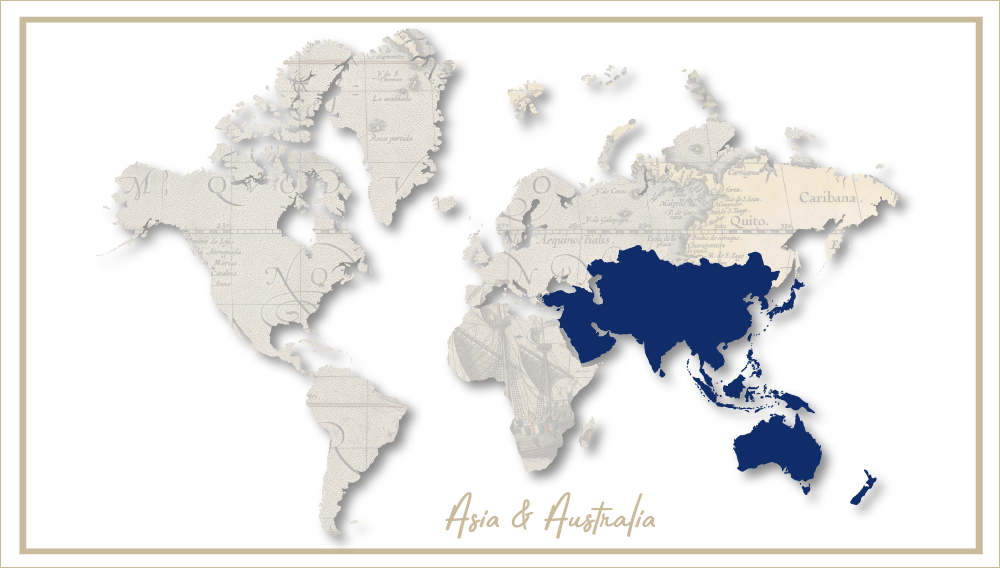Coca-Cola Amatil hopes to snatch Corona licence from Foster’s
Will Foster’s be trembling in their boots? Coca-Cola Amatil chief Terry Davis has warned former joint-venture partner SABMiller, the new owner of brewing major Foster’s, that he will be back in the Australian beer market in 2014. Speaking at the release of the Coca-Cola Amatil’s (CCA) annual results on 22 February 2012, Mr Davis said expansion into the alcoholic beverage sector remained a "core strategy for CCA".
CCA has already held talks with global brewers for new licences, such as Grupo Modelo’s Corona Extra as soon as a two-year non-compete agreement with SABMiller comes to an end.
In the meantime, CCA will expand its spirits and ready to drink (RTD) alcoholic beverages business in partnership with Beam Global and maintain the sales and distribution network that services hotels and restaurants in preparation for its return to the premium beer market.
CCA is also looking at buying Foster’s spirits, RTD, soft drink and Fijian beer assets from SABMiller for as much as AUD 200 million. CCA is conducting due diligence scrutiny of the assets, with any deal expected to be completed by mid-year.
Analysts in Australia believe that CCA may also buy back its Bluetongue Brewery, which is surplus to SABMiller’s needs.
"Part of our beer strategy would be to manufacture in Australia ... but it’s not a requirement in the short term," Mr Davis said.
In 2011, an AUD 170.3 million (EUR 137 million) book profit from the beer assets offset AUD 110.5 million in restructuring costs at fruit and vegetable processor SPC Ardmona to boost CCA’s net profit by 19 percent to AUD 591.9 million (EUR 476.6 million) in 2011.
CCA’s profit (EBIT) rose 2.8 percent to AUD 868.9 million (EUR 699.7 million) despite a 5.1 percent increase in revenue. But underlying net profit grew 5 percent to AUD 532 million (EUR 428 million), the slowest rate of growth since 2006, as cool, wet weather dampened demand for cold drinks, exacerbating the impact of a dispute over trading terms with supermarket chain Woolworths.
Analysts believe the dispute, now resolved, may have accounted for half the 1.4 percent drop in volumes in Australia.
As a manufacturer, Mr Davis has tried everything possible to earn a dollar, but at the end of the day he has two big customers, the supermarket behemoths Coles and Woolworths, who have a big say in what sort of earnings he can report.
Australian media report that last year, for 19 out of 20 weeks, Woolworths stopped promoting CCA’s product to get some of CCA’s 21.1 percent retail margins.
Behind closed doors the supermarket chains complain that on a global scale the big manufacturers such as Coke, Kraft, Nestle and Colgate Palmolive earn on average 22 percent in EBIT margins. The big retailers earn more like 4.5 percent.
In Australia, Woolworths earns 7.5 percent against Coke’s 21.1 percent, but the manufacturers retort that the figures are distorted because they own the brands and the property, while the retailers park property off balance sheet, without all the overheads.
In truth the manufacturers and the supermarkets are big enough to sort out their disputes, but the little manufacturers have no chance.
Mr Davis plans to spend AUD 450 million (EUR 362 million) this year, of which AUD 120 million will be invested in Indonesia, AUD 106 million on cold drink equipment and AUD 220 million in a series of projects designed to take more control over his output.
This sort of spending on brand and services explains why CCA is such a profitable manufacturer.
Commenting on the 2011 results, Mr Davis said CCA had delivered a strong result in a tough environment.
Mr Davis gave no detailed guidance for 2012 but forecast volume and revenue growth in Australia, as well as further expansion in Indonesia.
Consumer sentiment was unlikely to improve or deteriorate, but weather would again play a major role, he said.

